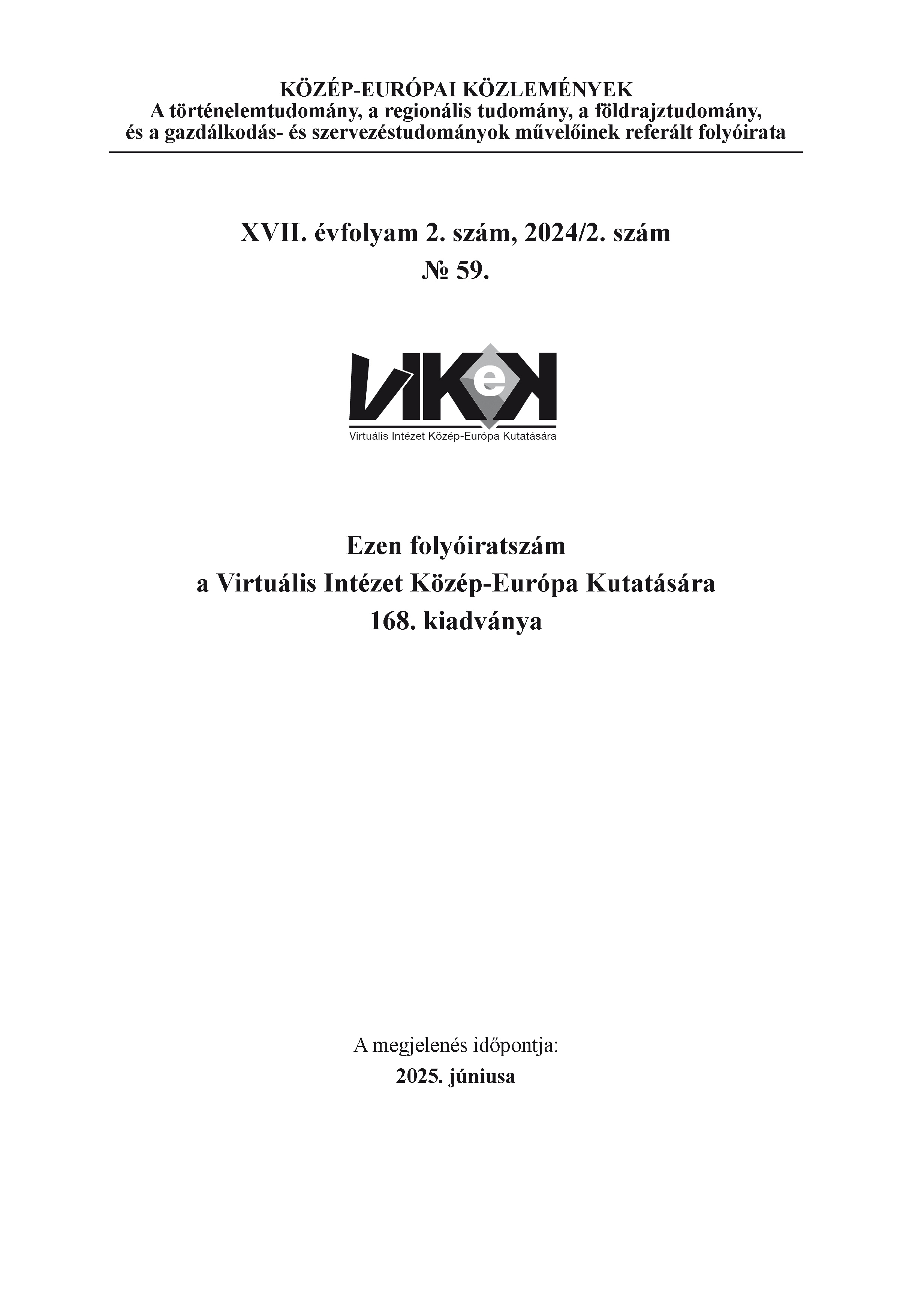The Question of Disarmament in the Policy of the National Fascist Party
Main Article Content
Abstract
As a result of the experience of the Great War (1914–1918), the disarmament, firstly conceptualized in the Fourteen Points of American President Thomas Woodrow Wilson, has become a crucial problem of international affairs in the Interwar Period. Italy’s attitude toward it was ambivalent: on one hand, Italy wanted to demonstrate its promptness of cooperation with France, United Kingdom and United States of America, but on the other hand, the National Fascist Party’s hegemonic ambitions did not match with the conception of disarmament. The London Naval Conference (1930) can be considered as the culmination of the conflict on the question of the maximum size of the naval forces between Italy and France, as French politicians urged the changing of the parity declared by the Washington Naval Treaty (1922). The question of Italian–French parity was negotiated at the Geneva Disarmament Conference (1932) as well, but the parties could not find any solution. In London and in Geneva Dino Grandi, Italian Minister of Foreign Affairs, represented Italy and did his best to find a compromise in the question, but his efforts caused some disagreements with Benito Mussolini, Head of Government, showing the contradictions of the Fascist policy.
